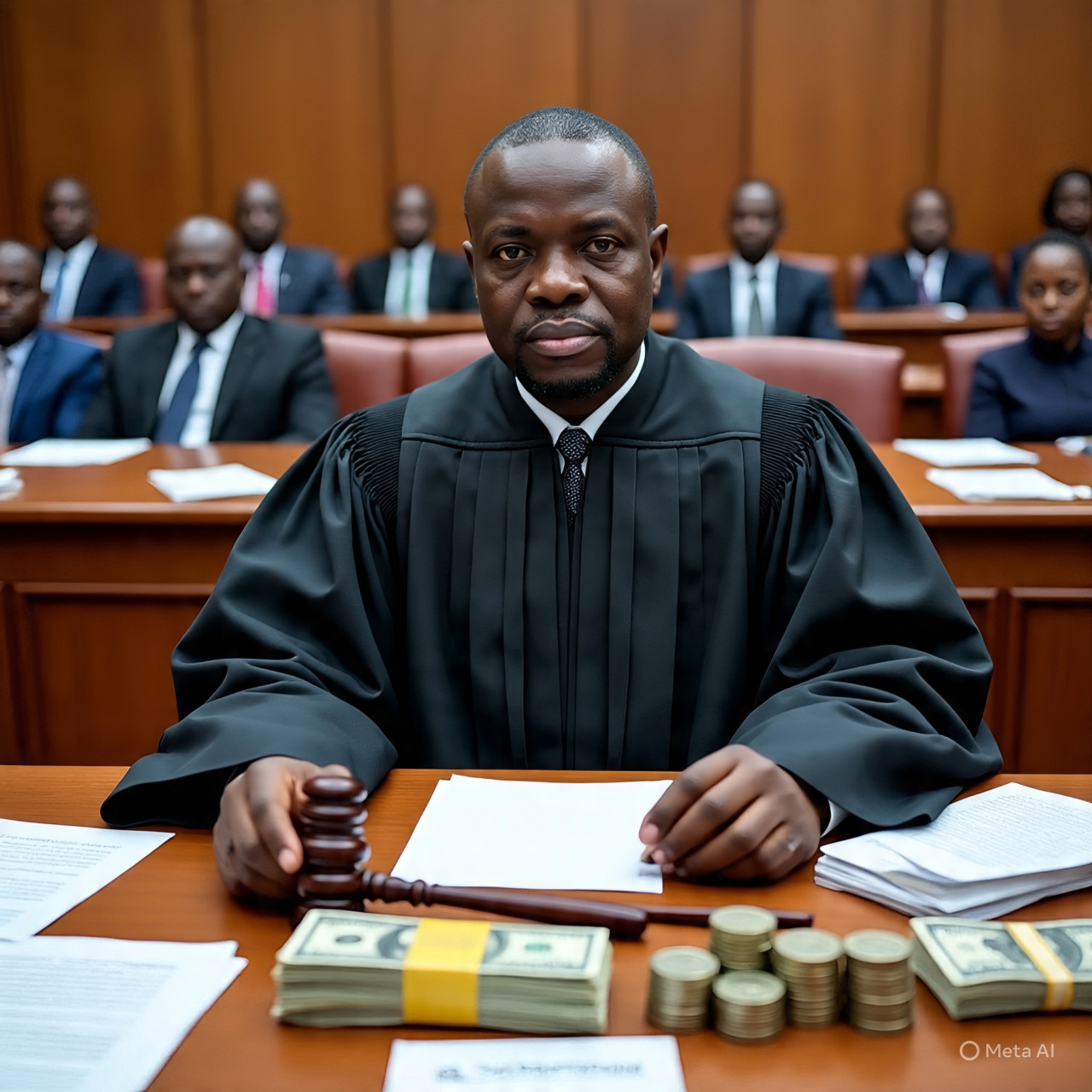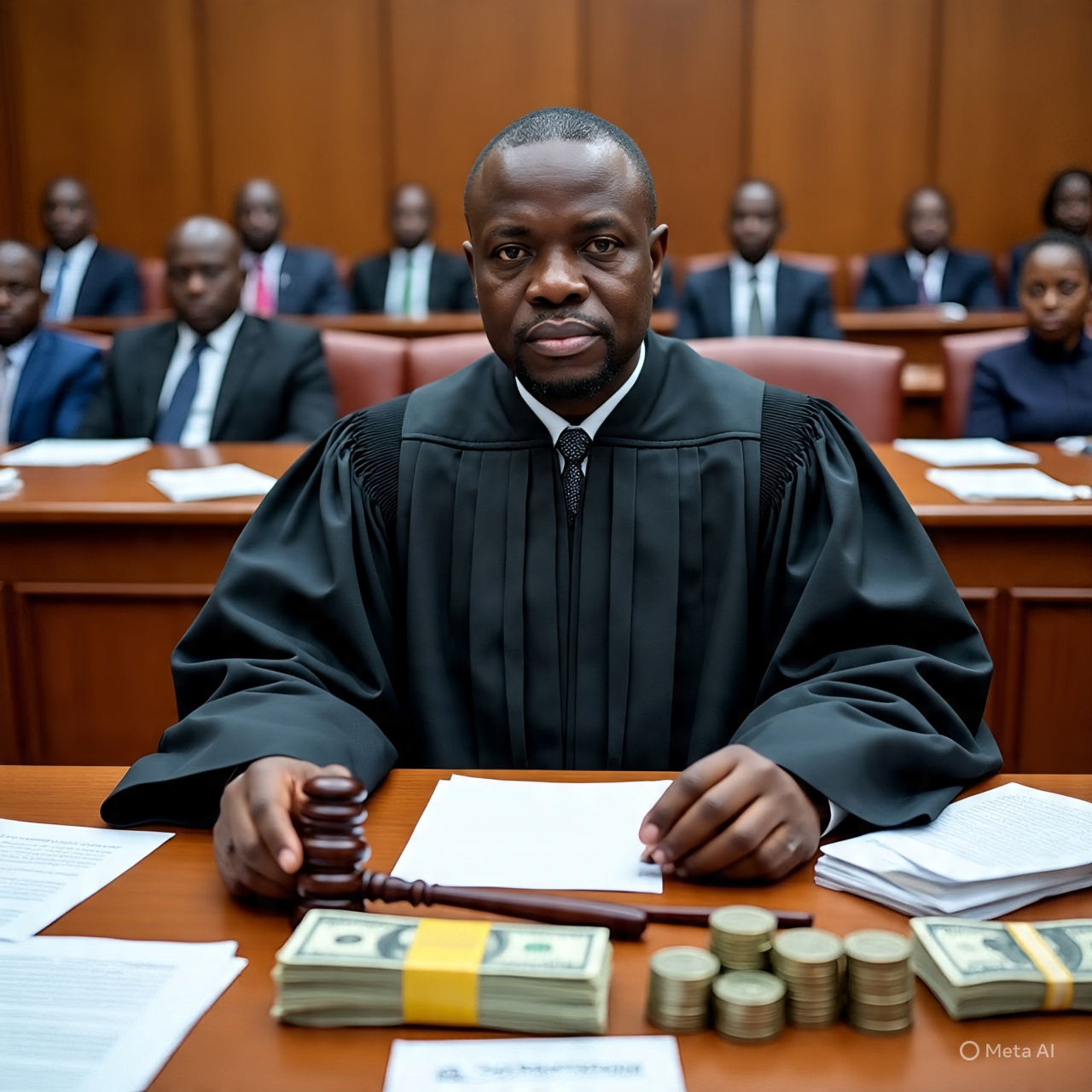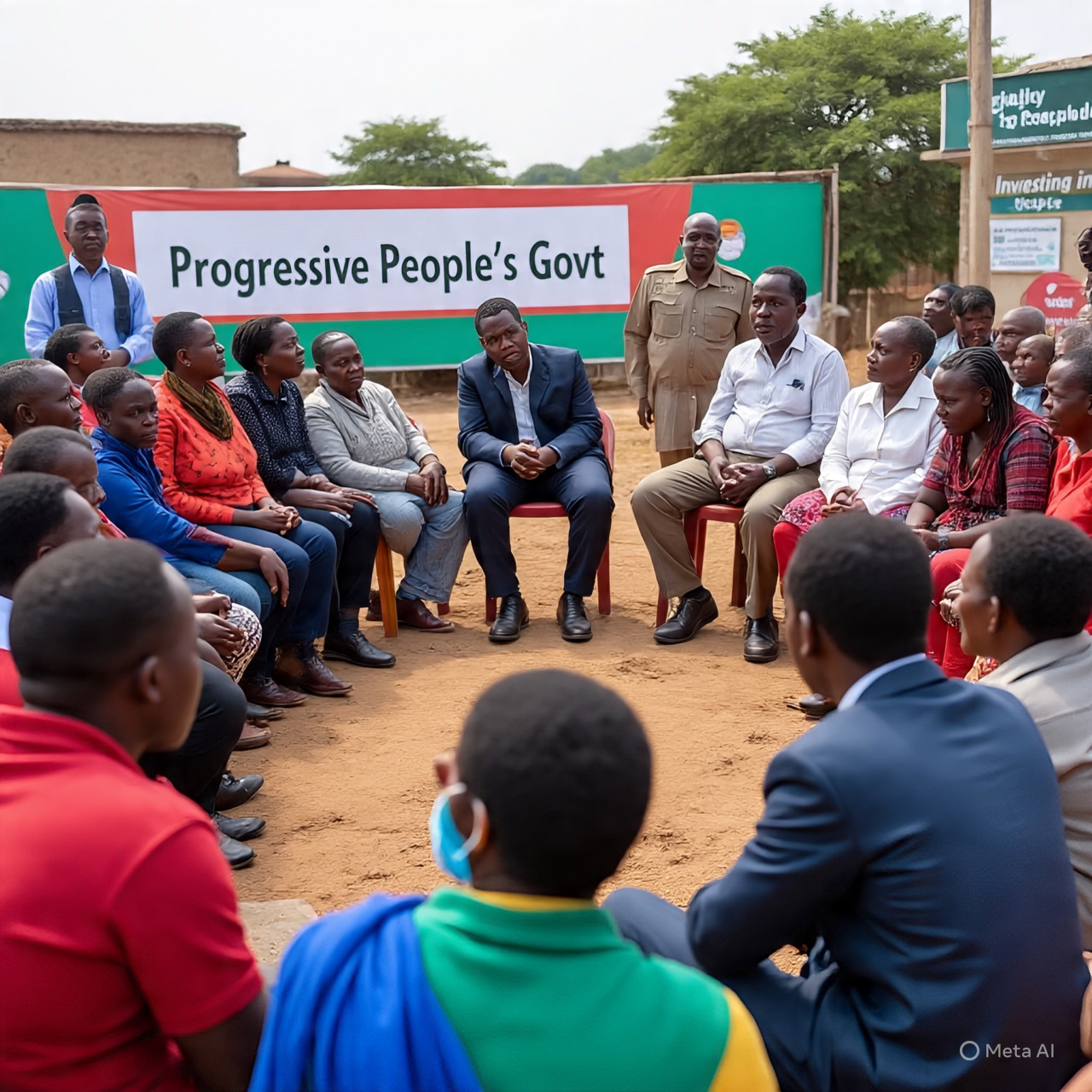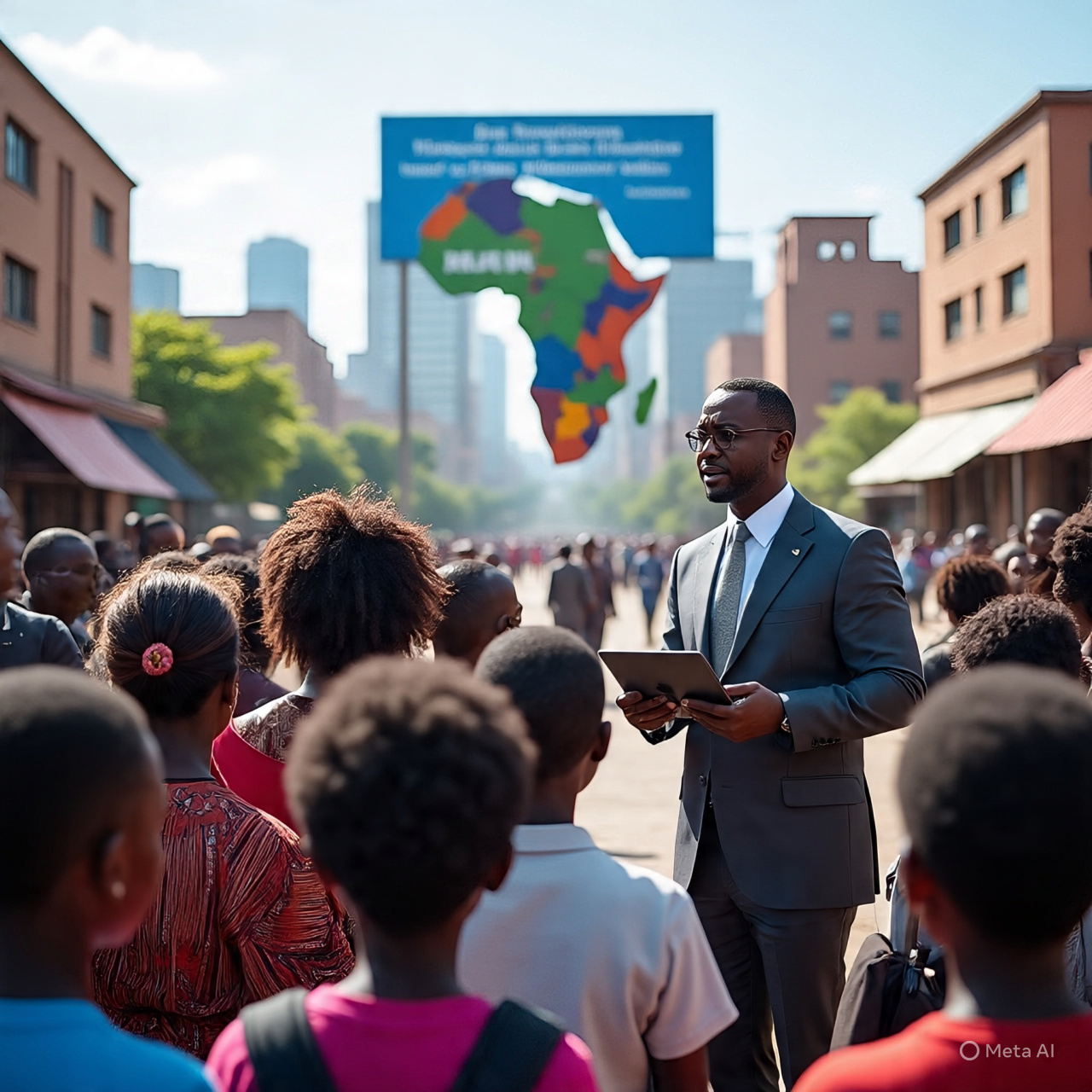
Exposing Exploitation: How Traditional Leaders in Ilorin Abuse Power Over Land
In Ilorin, the capital city of Kwara State, a disturbing trend has emerged where some traditional leaders are exploiting their power and influence to abuse the rights of ordinary citizens, particularly when it comes to land ownership and distribution. These leaders, who are supposed to be custodians of culture and protectors of their people, are instead using their positions to further their own interests and perpetuate inequality.
The Issue of Land Exploitation
Land, being a vital resource, is frequently at the center of these disputes. Some traditional leaders have been known to allocate land to favored individuals or groups, while denying others their rightful claims. This not only perpetuates inequality but also fuels conflicts and tensions within communities. In some cases, these leaders have been accused of selling community land without the consent or benefit of the people, further exacerbating poverty and displacement.
A Disturbing Trend: Hijacking Land for Royalty
A disturbing trend has also emerged where some traditional leaders, upon assuming office, discover that their own families no longer possess land due to historical circumstances or past mismanagement. In a bid to reclaim wealth and status, these leaders may resort to hijacking land belonging to others, often using their position and influence to exploit vulnerable individuals and communities. This abuse of power for personal gain, under the guise of royalty or traditional authority, further entrenches inequality and injustice.
Abuse of Power and Neglect of Duties
What’s more concerning is that these leaders often neglect their primary roles and responsibilities, which include promoting the welfare and well-being of their subjects, preserving cultural heritage, and maintaining peace and harmony within their communities. Instead, they prioritize personal interests and find ways to exploit their people, whether through land grabs, imposing unfair taxes, or leveraging their authority for financial gain. This dereliction of duty not only erodes trust in traditional institutions but also hampers community development and progress.
Consequences of Exploitation
The consequences of such actions are far-reaching, affecting not only the economic well-being of individuals but also the social fabric of communities. It undermines trust in traditional institutions and can lead to violence and unrest. It’s imperative that measures are taken to ensure accountability and transparency in land dealings, protecting the rights of all citizens, and holding those in positions of power responsible for their actions.
Call to Action
We urge the Emir of Ilorin and other stakeholders to take immediate action to address these allegations and ensure that traditional leaders are held accountable for their actions. It’s time for our leaders to prioritize the welfare and well-being of their people, rather than their own personal interests. By working together, we can create a more just and equitable society where the rights of all are respected and protected.
































